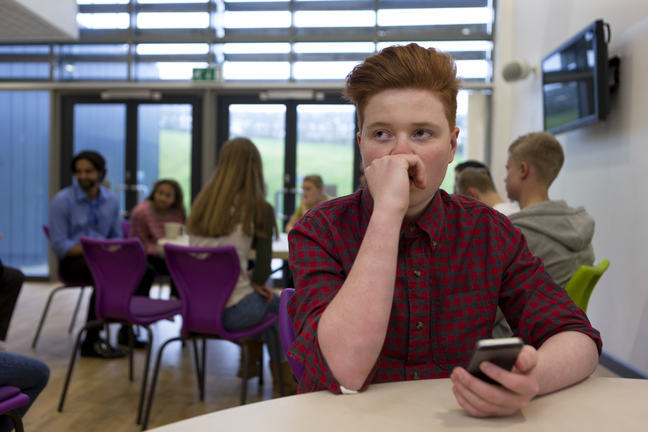Home / Psychology & Mental Health / Anxiety & Depression / Anxiety in Children and Young People during COVID-19 / Fear, uncertainty, and anxiety
This article is from the free online
Anxiety in Children and Young People during COVID-19


Reach your personal and professional goals
Unlock access to hundreds of expert online courses and degrees from top universities and educators to gain accredited qualifications and professional CV-building certificates.
Join over 18 million learners to launch, switch or build upon your career, all at your own pace, across a wide range of topic areas.








